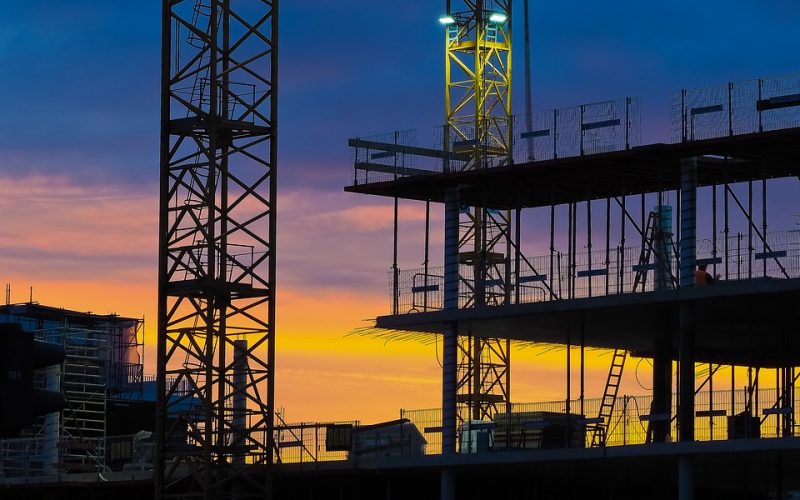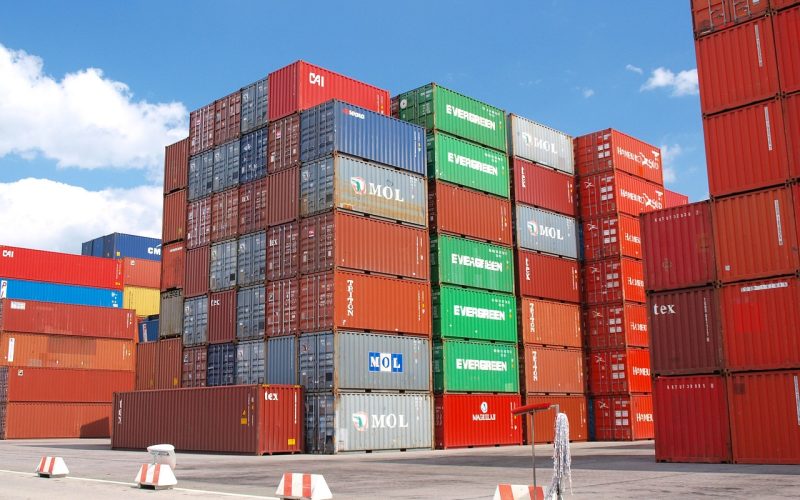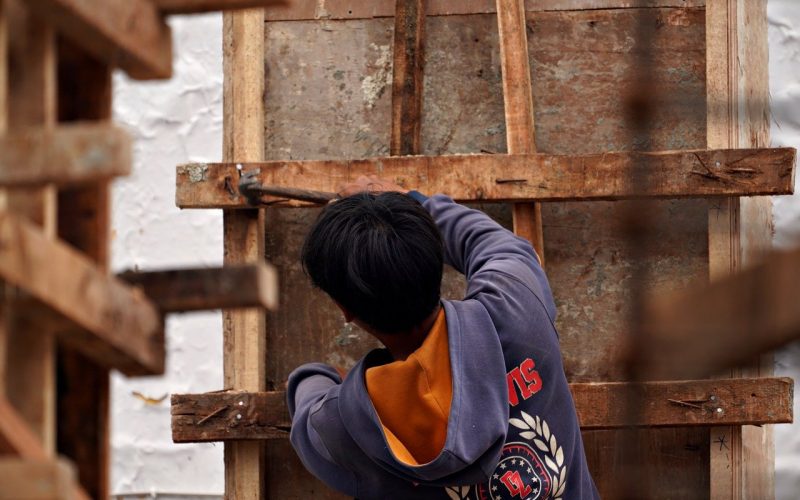Construction Today
The world is full of laws, regulations and inspectors to ensure they are being followed, and the construction industry has its fair share. Many modern building projects require several inspections before completion. If any part of the job does not fall in line with local building codes, the inspector will halt the project until the changes are made. Every builder must understand the codes in the area where they work. Anything less means time delays and budget overruns for projects that have strict budgets and schedules.
Many of the regulations in today's construction industry have to do with safety concerns. Areas where earthquakes are prevalent require buildings to withstand a certain level of shaking. When violent weather, such as hurricanes and tornados occurs, regulations require roofs be attached adequately to shelter people during stormy weather. All of these regulations are part of government's role in keeping the populace as safe from harm as possible.
Electricity is a danger when not used and channeled properly. Many regulations for modern construction companies take this into account. Grounding is now a requirement in much of the civilized world. Electrical inspections are mandatory to ensure the wires will not burn the building down when the power is turned on. The regulations in some areas even specify how much experience a person needs to wire a building. Journeymen electricians are generally the lowest grade of electrician that can tie into the panel.
Regulations are often viewed as a way for government to interfere in the lives of people. In the construction industry this is not necessarily true. Safety is the overriding factor in the majority of the regulations, and the government works to ensure they are being followed properly. Whenever a project does not pass an inspection, the builder is given a chance to do the work again correctly.
























